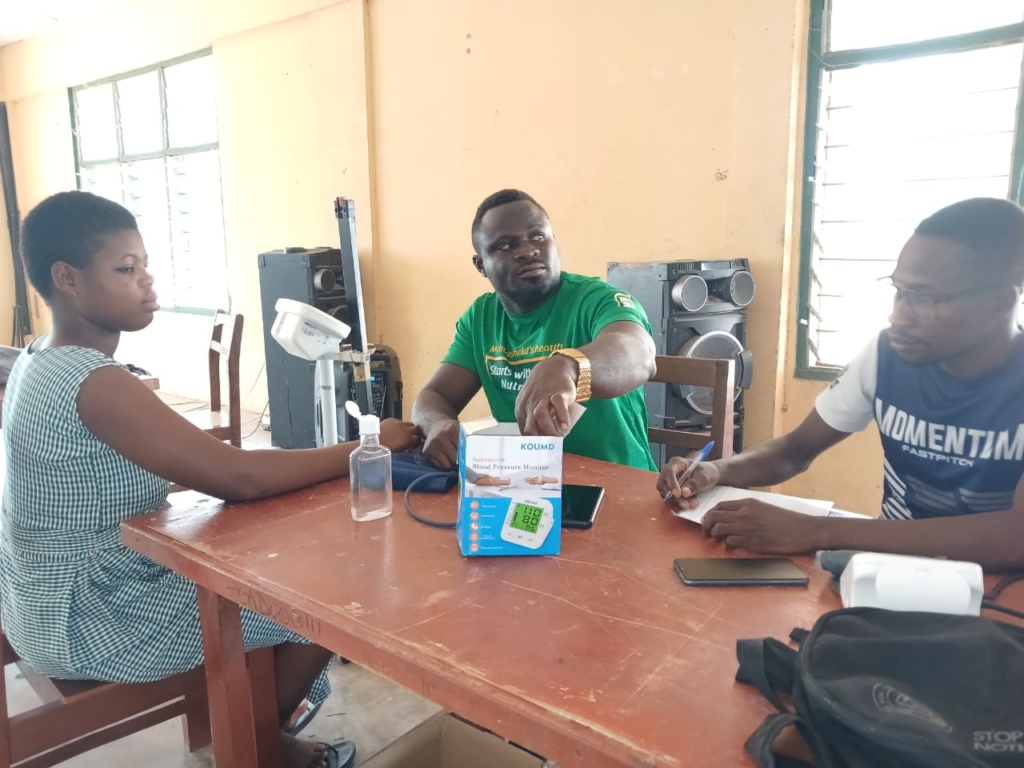
The Commonwealth Human Rights Initiative (CHRI) has urged the Right to Information Commission (RTIC) to ensure that institutions fined for denying access to information are compelled to provide the requested details.
It follows an exposé which shows that many institutions substitute information provision with paid fines and refuse to release requested information under RTI guidelines.
Speaking on Joy FM’s Super Morning Show on Monday, September 29, CHRI’s Programmes Manager, Esther Ahulu, said:
“When the charge was given to the Ghana Police Service, you know the charge has not replaced the information. Even though you are being fined, you are also supposed to pay the fine and also give the information. But as we speak now, since the fine was given in 2023, we have not received all the information.”
Her comments follow the latest Corruption Watch investigation, which revealed that the Ghana Police Service, Commission on Human Rights and Administrative Justice (CHRAJ), Parliament, the Judiciary Service, Attorney-General’s Department, Social Security and National Insurance Trust (SSNIT), and other bodies have together attracted about GH₵ 5.6 million in fines for violating the RTI law.
Ms Ahulu explained that CHRI, as part of its work on access to justice, had in 2002 requested information from the Ghana Police Service on cases of alleged brutality and killings.
The group had compiled about 20 such cases with dates, regions, and communities but received no updates on investigations or compensation for victims.
According to her, CHRI first addressed its request to the designated information officer, but the letter was rejected because the police had not appointed one at the time.
The request was then redirected to the Inspector General of Police (IGP), but even that received no response within the 14-day legal deadline.
“Per the law, after 14 days without feedback, it is deemed a refusal. We appealed to the head of the institution again, yet we didn’t get any feedback. That was why we finally wrote to the RTI Commission,” she recounted.
The RTIC subsequently fined the Police GH₵ 100,000 for failing to release the information.
However, Ms Ahulu stressed that the fine alone was not enough since access to the information itself remains limited.
She acknowledged that the Police had since shared partial updates on some of the cases, but most of the details CHRI requested have still not been released.
She therefore called on the RTIC to strengthen its monitoring role, noting that the Commission has a legal duty to ensure compliance after fines are imposed.
“The Commission has a monitoring department, and I believe it can also take this up and ensure that although the fine is given, there is follow-up to make sure the information is also provided,” she said.

